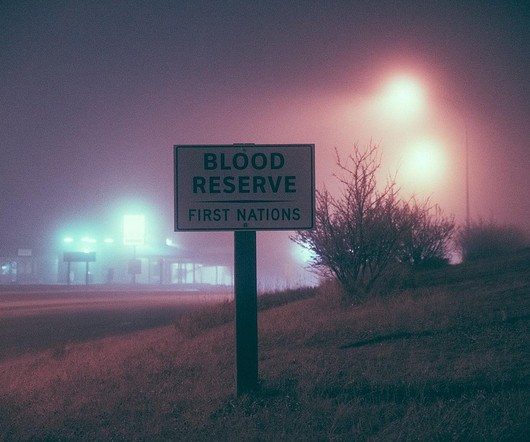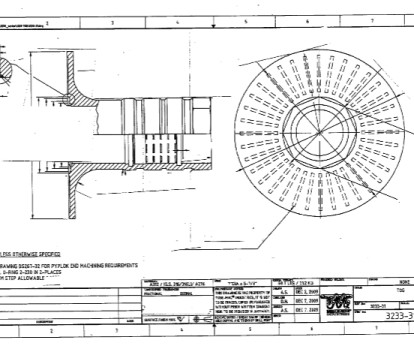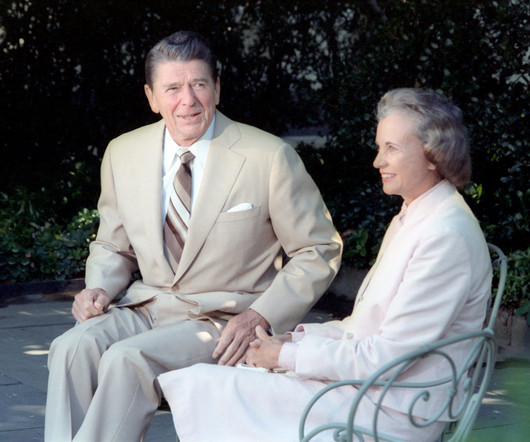Canada Supreme Court rules declaratory relief may be appropriate in First Nations treaty dispute
JURIST
APRIL 12, 2024
The Supreme Court of Canada found Friday that the government acted dishonestly when it reneged on an 1877 treaty to an Alberta indigenous community and allowed for declaratory relief. Canada amended its constitution in 1982 and, in doing so, created a new cause of action for bringing treaty disputes.























Let's personalize your content